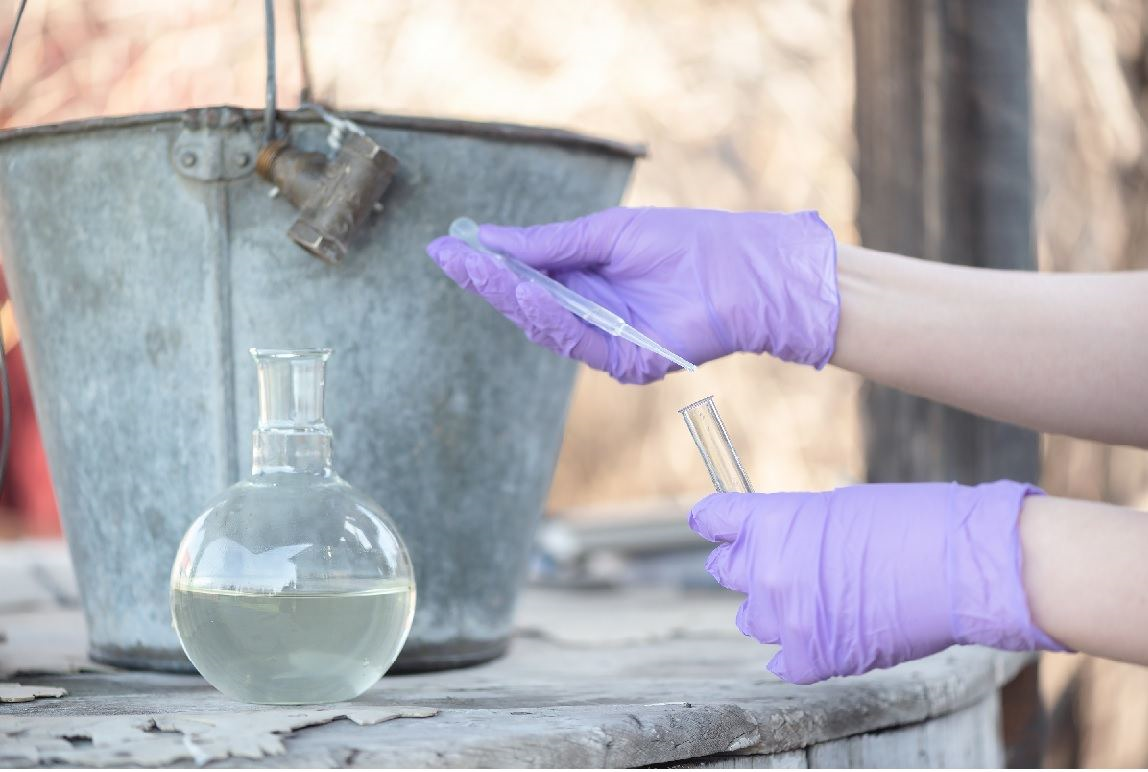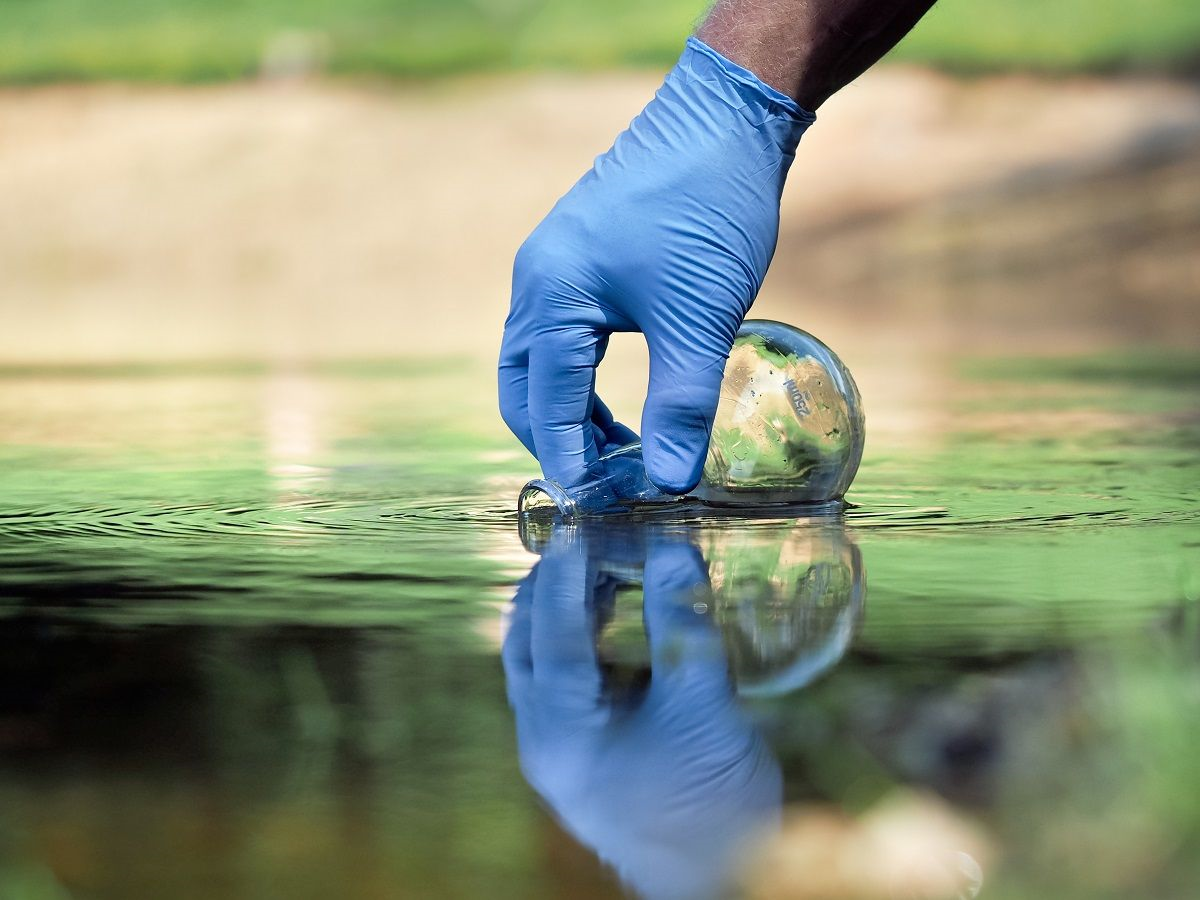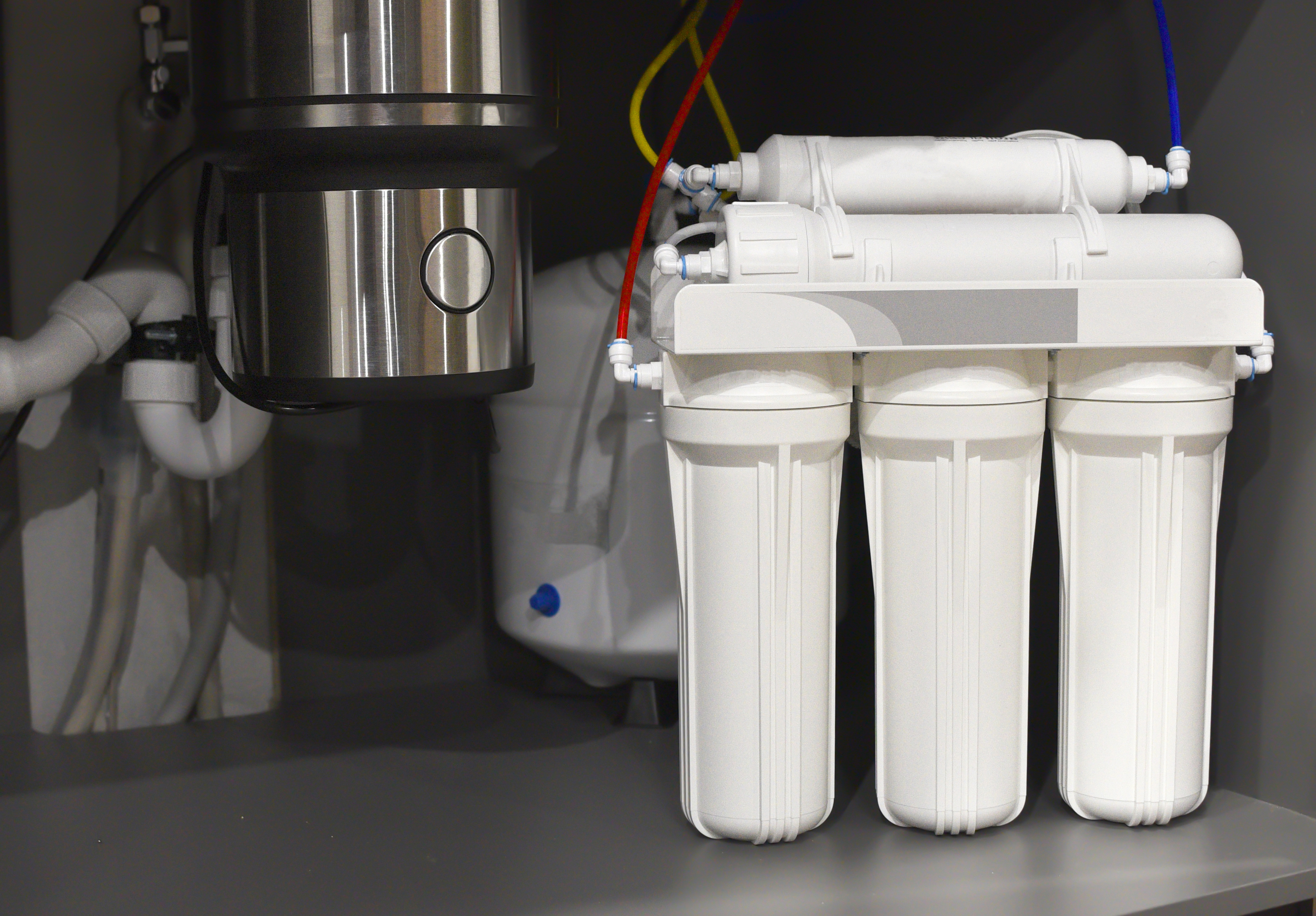New research to look at impact of PFAS in drinking wells
Aug 25th 2020
 Researchers have been awarded close to $5 million to
study the potential harmful effects of “forever chemicals,” which have been
discovered in the Cape Fear River in North Carolina.
Researchers have been awarded close to $5 million to
study the potential harmful effects of “forever chemicals,” which have been
discovered in the Cape Fear River in North Carolina.
The North Carolina Department of Health and Human Services was alerted in a 2017 study by North Carolina State University that a chemical called GenX – along with other emerging per- and poly-fluoroalkyl substances (PFAS) – had been discovered in the drinking water from the lower Cape Fear River. The chemical was also found in private drinking water wells.
The Chemours (pronounced “kem-oars”) Company’s facility in Fayetteville had been dumping large amounts of GenX into the river.
Chemours has paid close to $100 million to help fix the problem. Much of that money went to a thermal oxidizer that reduces air emissions by close to 99 percent, the Bladen Journal reports.

What is GenX and is it harmful?
Cookware. Non-stick coatings. Cell phones. Laptops. Cabling.
Those are all products that contain GenX, which is a part of large group of man-made PFAS chemical compounds. GenX is the trade name for this unregulated PFAS.
GenX replaced a chemical called C8 after DuPont, the company that Chemours became a spinoff of, was fined $16.5 million by the EPA in 2005 for failure to report its health risks. DuPont later settled a class-action lawsuit involving water contamination in the Ohio River Valley for $670 million in 2017.
Research links C8 to everything from increased risks for kidney and testicular cancer, liver abnormalities, immunotoxicity and endocrine disruption, according to the EPA. It’s also been linked to thyroid disease, high cholesterol, ulcerative colitis and pregnancy-induced hypertension.
GenX, though, is also a health concern.
While GenX is considered the safer alternative, research shows prolonged exposure can lead to increased risk of cancer, changes to the immune system and cholesterol levels, weight gain, fluctuations in the size of kidneys and livers – including cancerous tumors in the liver pancreas – cancerous tumors found in testicles and reproductive effects.

What’s being done about it
Most of the area’s water comes from the Cape Fear River. That includes New Hanover County, where about 80 percent of the drinking water comes from the river, according to the Cape Fear Public Utility Authority.
That’s where the EPA grant enters the picture.
Indiana, Purdue and Georgia are the grant recipients.
According to an EPA news release:
Indiana: Will “develop a scalable platform for predicting PFAS occurrence in private wells to improve understanding of exposure risks to rural communities relying on private wells for their drinking water.”
Purdue: Will “investigate the occurrence of PFAS and their concentrations in private drinking wells and water resource recovery facilities in rural communities as well as the relative contribution of PFAS from land-application wastewater and biosolids to rural water supplies.”
Georgia: Will “develop improved, cost-effective treatment systems with advanced technologies for the removal of PFAS from water, wastewater and biosolids to ensure safe water for drinking and agricultural applications in rural areas.”
Don’t leave it to chance – filter your water!

Most municipalities adequately sanitize their water before it even reaches your home.
Still, tiny amounts of harmful elements still make their way into your tap water. Prolonged exposure can lead to everything from fatigue to skin rashes – and that’s in mild cases. Incidents like the one in North Carolina can lead to more dire health problems for an entire community.
That’s why a water filtration system from eWater is the best solution.
The EZTWIST Undercounter Reversible Osmosis Unit filters out toxins and helps the body absorb water at a higher rate, thereby improving hydration and cellular function. Both the system and the filters are easy to install, and the filters only need to be replaced once per year.
Worried about the quality of the water in your home? eWater now offers virtual consultations online. Click here to learn more and schedule a consult.


